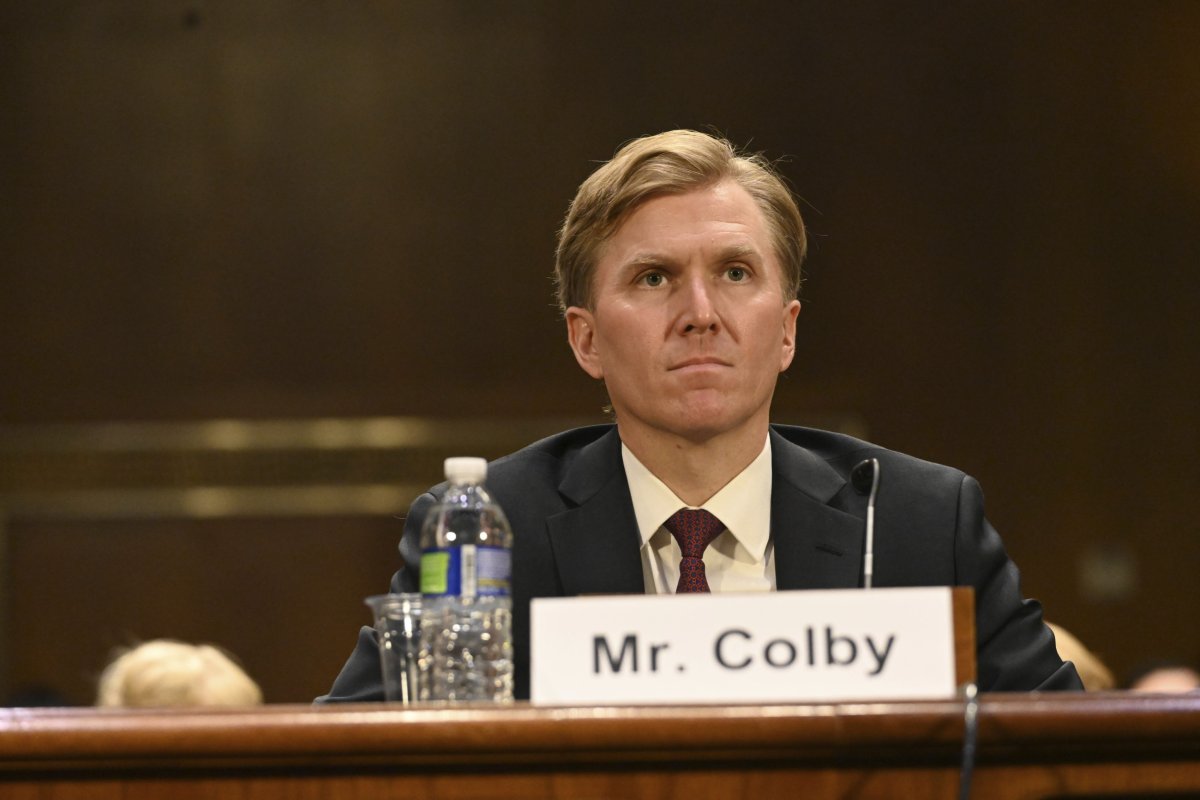
The dynamics of international relations, especially between major world powers, are often nuanced and complex, requiring a deep understanding of geopolitical strategies and diplomatic signaling. In recent discussions, Elbridge Colby, a notable figure in U.S. foreign policy circles, has made statements that shed light on his approach towards China, emphasizing a policy of maintaining the status quo. This stance is significant, as it reflects a careful balancing act between asserting national interests and avoiding escalation. In this article, we will delve into the implications of Colby's statement, "I am signalling to China that my policy is status quo," and explore what this means for Sino-U.S. relations and global geopolitics.
Elbridge Colby's Background and Influence
Before diving into the specifics of Colby's statement, it's essential to understand his background and influence in shaping U.S. foreign policy. As a former Deputy Assistant Secretary of Defense for Strategy and Force Development, Colby has played a significant role in formulating defense strategies, including those related to China. His expertise and opinions are closely watched by policymakers, scholars, and observers of international relations. Colby's work, including his book "The Strategy of Denial: American Defense in an Age of Great Power Conflict," offers insights into his strategic thinking, emphasizing the importance of competitive strategies in dealing with major powers like China.
Signaling Status Quo: Implications for China and Beyond
When Colby states that his policy towards China is one of status quo, he is signaling a preference for maintaining the current state of affairs rather than seeking significant changes or escalations. This approach can be seen as a pragmatic response to the complexities of the U.S.-China relationship, which encompasses elements of both cooperation and competition. By opting for a status quo policy, Colby is indicating a willingness to manage tensions and avoid actions that could be perceived as provocative or destabilizing.
This stance has several implications:
-
Diplomatic Stability: It suggests a commitment to diplomatic channels and dialogue as primary means of resolving disputes and addressing concerns.
-
Economic Interdependence: Maintaining the status quo also implies a continuation of economic relations, which are crucial for both countries' economic health.
-
Security and Defense: A status quo policy in the security realm may involve a balance between deterrence and restraint, ensuring that defensive measures are in place without unnecessarily escalating tensions.
Challenges and Opportunities
While a policy of status quo offers a path to stability, it also presents challenges and opportunities:
-
Challenges: One of the main challenges is the risk of complacency, where the absence of proactive strategies might lead to stagnation or even regression in areas like human rights, trade imbalances, and security concerns.
-
Opportunities: On the other hand, maintaining the status quo can provide a foundation for gradual, constructive engagement. It allows for the exploration of cooperative areas, such as climate change, non-proliferation, and global health security, where mutual interests can be advanced.
Elbridge Colby's statement on maintaining a policy of status quo towards China reflects a thoughtful approach to managing one of the world's most critical bilateral relationships. As the global community navigates the complexities of great power competition, diplomacy, and cooperation, Colby's stance serves as a reminder of the importance of strategic thinking and careful signaling in international relations. Whether this approach will yield the desired outcomes of stability and cooperation remains to be seen, but it undoubtedly contributes to the ongoing debate on how best to engage with China in the years to come. As policymakers and scholars continue to analyze and discuss the intricacies of U.S.-China relations, Colby's perspective offers valuable insights into the delicate balance of maintaining peace and promoting national interests in a multipolar world.









